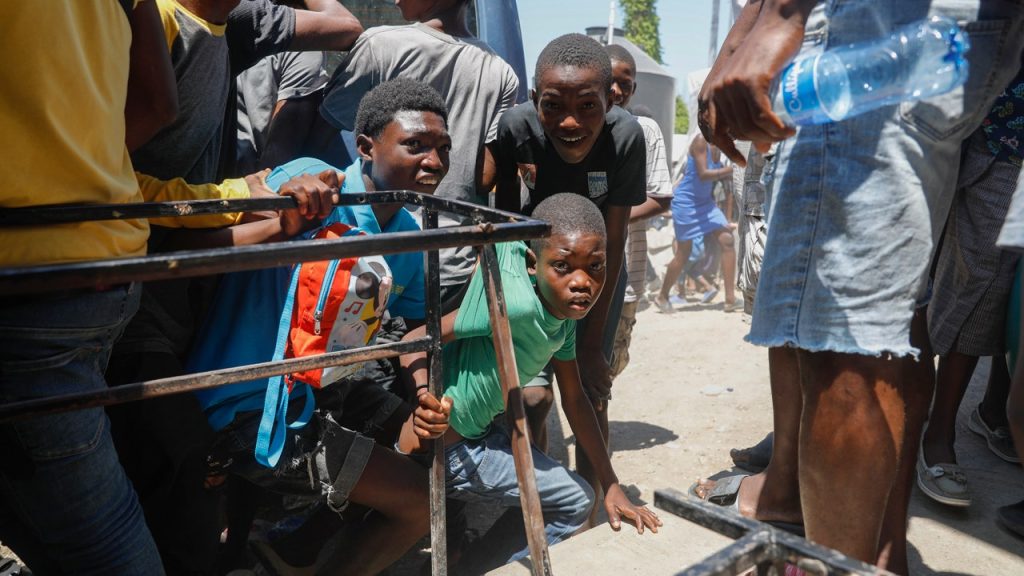A council tasked with selecting a temporary replacement for outgoing Haitian Prime Minister Ariel Henry has faced challenges due to security concerns. Mass sociopolitical unrest has plagued Haiti since the 2021 assassination of President Jovenel Moïse, with crime and gang violence increasing under Henry’s administration. The council, which has yet to be sworn in, has been met with grave security concerns, with one member stepping down after receiving death threats. The delay in establishing the council comes as gangs continue to launch attacks across Haiti’s capital, with more than 4,000 inmates being released from prisons and over 33,000 people fleeing the city of Port-au-Prince.
Several meetings with Caribbean leaders and officials from the U.S., Canada, and France have been triggered due to the recent turmoil involving the transitional presidential council that will be responsible for choosing Haiti’s new leader. The council has not been sworn in, and concerns over the security of its members have further delayed the process. Gang violence remains a significant issue in Haiti, with attacks continuing throughout the country. Prime Minister Ariel Henry has said he would resign once the council selects a new leader for Haiti and appoints a council of ministers, in hopes that this may help to subside the violence.
Despite challenges, efforts are being made to move forward with the establishment of the council. On Sunday, a member who represented a Haitian political party stepped down due to political attacks and death threats. However, the member was quickly replaced, bringing the council back up to its full nine members. The council members have yet to be sworn in, and it is unclear when this will happen. The delay in the council’s formation has raised concerns over the continuation of gang violence and the impact it is having on the country’s population.
The Montana Accord, a group of civil society leaders with a seat on the council, issued a statement in support of the member who stepped down, condemning the political attacks and threats. The group emphasized the need to stop the violence and called for vigilance in the face of political maneuvering based on fear and terror. The situation in Haiti remains precarious, with residents facing devastating losses due to gang violence, including the burning of a large garage in downtown Port-au-Prince. There is a sense of urgency in resolving the leadership crisis in Haiti to address the ongoing security challenges faced by the population.
Romain Le Cour, with the Global Initiative Against Transnational Organized Crime, expressed concerns about the delay in finding new leadership for Haiti, noting that the inability to make the presidential transitional council operational has allowed conflicts within the Haitian political arena to persist. He highlighted the power of guns and politico-criminal brokers in shaping the country’s future, underscoring the urgent need for effective leadership to address the complex challenges facing Haiti. The situation in Haiti remains dire, with the ongoing violence and insecurity threatening the lives and livelihoods of its citizens. Efforts to establish the transitional council and select a new leader for Haiti must be expedited to stabilize the country and address the root causes of the current crisis.















